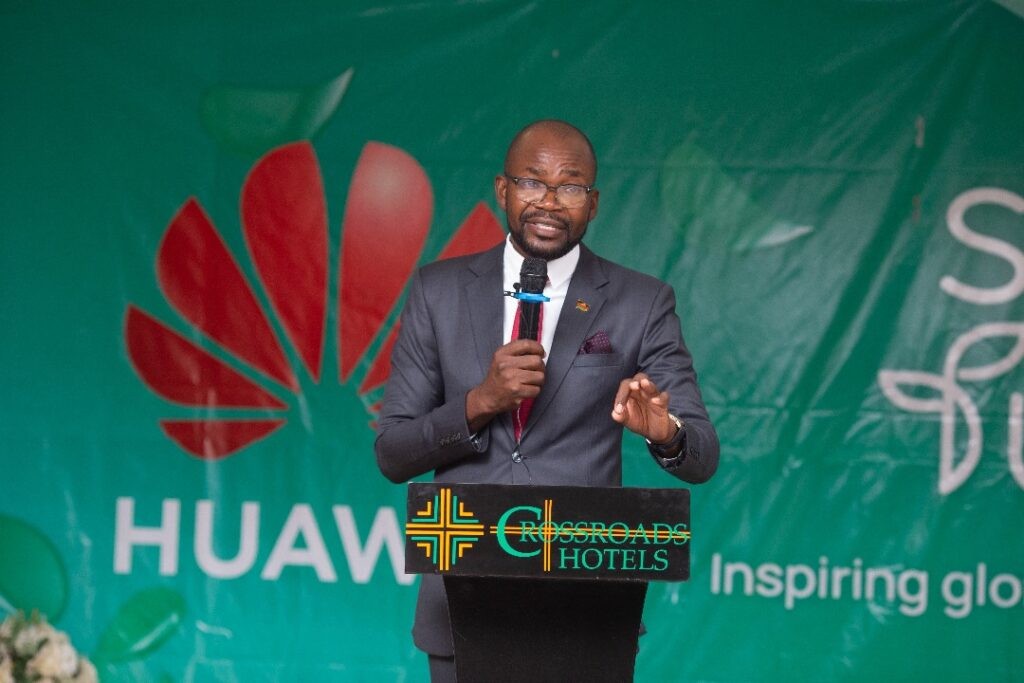advertisement
Huawei Powers Malawi’s Digital Future

The Government of Malawi has signed a Memorandum of Understanding (MoU) with Huawei Technologies to launch smart cities across the country. The agreement was made during the recent Forum on China-Africa Cooperation (FOCAC) Summit in Beijing from September 4th-6th, 2024.
At the core of the initiative is the Smart Village program, which targets rural areas to bridge the digital divide. Under the plan, Malawi will integrate smart farming technologies, expand access to financial services, and promote education and healthcare through digital solutions. President Lazarus McCarthy Chakwera, who revealed the partnership on the sidelines of the summit, explained, “My administration is also keen on collaborating with Huawei on several specific areas of the Smart Village Initiative for rural communities, including the establishment of technical training centers for ICT to help us upskill our youth in digital skills, AI and cybersecurity, Smart agriculture solutions to support our large-scale farm initiatives, and Cybersecurity for Malawi’s digital landscape.”
Huawei’s involvement in Malawi’s digital transformation is part of its larger plan for Africa, which was reiterated during the Huawei Connect event held in Shanghai from September 20th to 22nd, 2023. At this event, Huawei announced a $430 million investment aimed at driving technological progress across the continent. This includes $200 million allocated for cloud development, $30 million dedicated to talent development, and a comprehensive five-year plan to support Africa’s technological future, particularly in Northern Africa.
advertisement
During the event, Huawei emphasized the need for collaboration across various stakeholders to ensure that the potential of Africa’s youthful population—60 percent of whom are under 25—is fully realized. Huawei’s broader strategy includes fostering innovation and improving governmental management, operational efficiency, and business environments across the continent.
This MoU with Malawi is a concrete step in delivering on promises made at the Shanghai event. Huawei’s commitment to building Africa’s digital infrastructure was also evident at GITEX Africa 2023, where the company stressed the importance of digital empowerment for African countries.
Malawi isn’t the only African country benefiting from Huawei’s vision. Zambia recently signed an MoU with Huawei to launch a smart village in Namwala, aimed at enhancing rural connectivity. Similarly, Uganda is working with Huawei on a project that includes a network tower, a solar power station, and smart classroom equipment to bring digital access to rural communities.
advertisement
In Kenya, Huawei has been pivotal in the development of the Konza Technopolis project, a smart city initiative that has just completed its first phase and is moving into the second. This project includes the construction of data centers and a smart city infrastructure designed to drive economic growth and technological innovation. The company’s involvement extends to delivering smart city surveillance solutions, positioning Kenya as a digital hub in East Africa.
In Malawi, the Smart Village Blueprint is set to revolutionize access to the Internet and other digital services in remote and underserved areas. With 5.86 million internet users, representing just 27.7% of the population, Malawi is in dire need of initiatives that bridge the digital divide. The Smart Village Initiative will use locally led approaches to deliver equitable and efficient services related to the Sustainable Development Goals (SDGs).
President Chakwera further stated that this initiative aligns with our MW2063 agenda, transforming Malawi into an industrialized upper-middle-income country by 2063. The partnership with Huawei also builds on past collaborations, such as the launch of Malawi’s first National Data Center in 2022, which was a critical milestone in advancing the nation’s digital infrastructure.